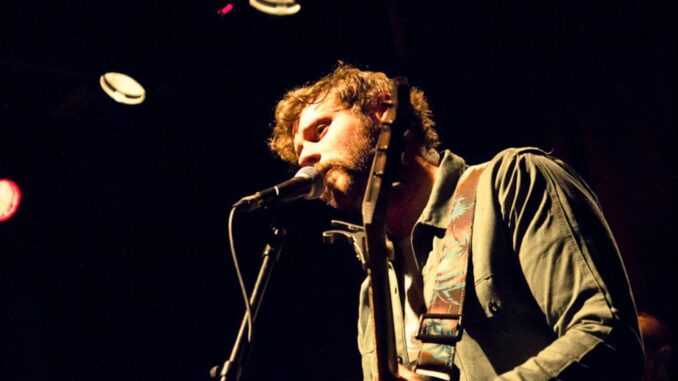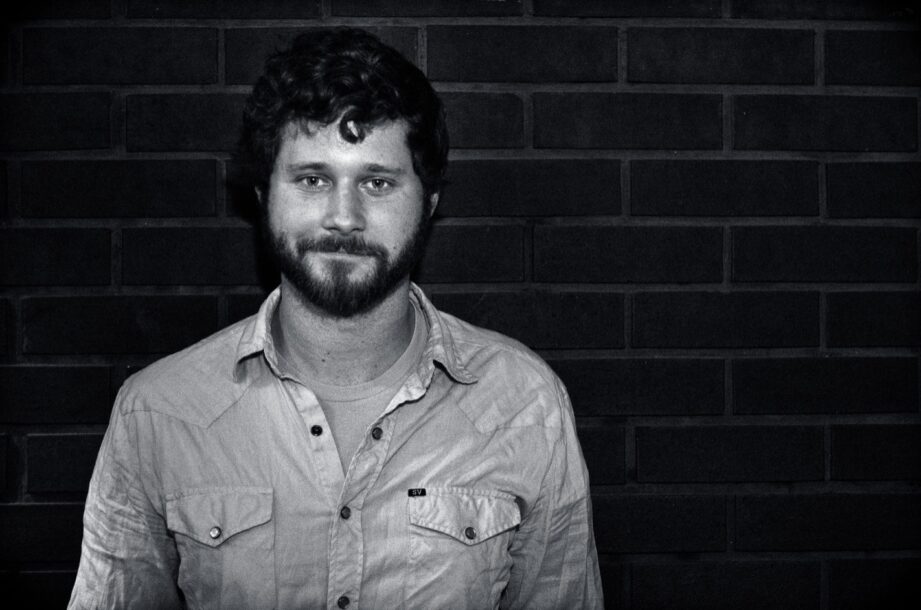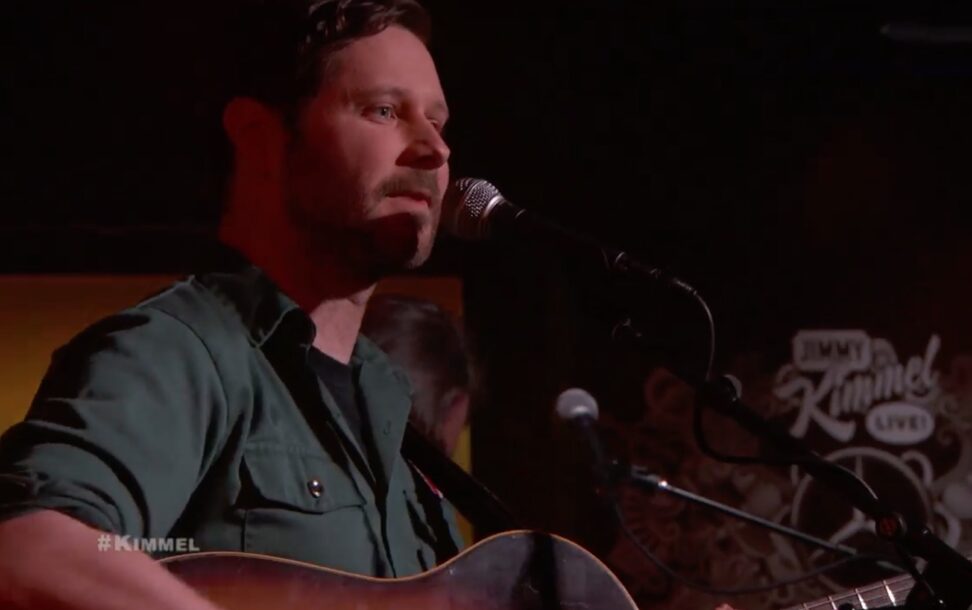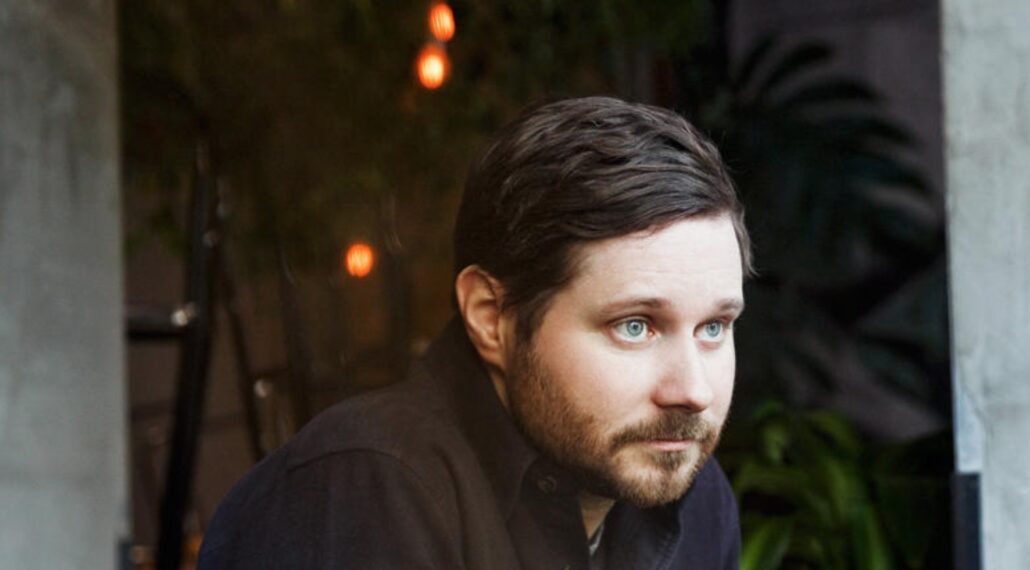
Interview by SYLVIA BORGO
Dan Mangan has spent his time well over the last few months, as reflected in his music and his charity that helps others, called Side Door.
SB: Dan, these are crazy times. How are you holding up?
DM: I’m OK. Weirdly, busier than I’ve ever been. I started playing music so I wouldn’t have to get a job. Now I have two jobs.
SB: You were touring for the 10th anniversary of your award-winning album Nice, Nice, Very Nice when shelter-in-place began and you had to cancel a bunch of dates. How hard is it to pull the plug on a tour?
DM: It was awful. Devastating. Also, a relief in some ways. As the tour was approaching, there was so much uncertainty, so to finally just cancel it all and go home — at least there was an answer. I’ve had to cancel like 40 shows this year. It’s led to a lot of uncertainty around my career, but Side Door has been so busy and all encompassing, I haven’t really had much time to fret about it all that much.. And I’ve been writing a bit, which feels good. Provides the sense that I’m still working toward something – another album. And I think it’s going to be pretty solid. I think I’m at the top of my game on the writing side of things.
SB: You’ve been treating fans with online performances on most Saturday afternoons and have raised thousands of dollars for different charities. Side Door has made this possible. Can you tell us a bit about how Side Door came about?
DM: I started Side Door with my pal Laura about three years ago and it launched just over a year back. It started out like Air BnB for gigs – any space can be a venue. Hosts and artists connect, get walked-through a simple booking process, set up a revenue share and put tickets on sale. When the pandemic hit, we wondered if we were sunk but then we started experimenting with online stuff.

DM: Everyone on the internet is trying to broadcast to as big an audience as possible, but the retention is awful, the engagement is weak and the overall experience hasn’t been great for audiences. So we focused on doing what we always did in the real-life world – fostering impromptu communities around art. We put a hard ticket on the shows right out of the gate and rather than getting kickback, we got excited audiences who were thrilled to know they were helping artists without it having to be a “donation.” And to boot, they were putting the shows in their calendars and tuning in for the whole thing, rather than just a few minutes over Instagram or something.
We got really tuned into hacking Zoom for best audio practices and really focused on interactive shows – where the artist can see the audience and the audience can see each other. And things started going pretty bonkers – people got creative. Doing elaborate Q and As, inviting audience members to share stories about past concerts etc – it’s really emotional. You can peer into 1000 homes at home – people alone, full families, kids, dogs, crying, dancing, everything in between. I can honestly say I’ve seen some concerts over Zoom from my peers that affected me more intensely than seeing them play in real life.
We use moderators to help with the tech, and we’ve now integrated Zoom right into the platform and have created a fully secure ticket for Zoom shows with no shareable links. The only way in is to be logged into Side Door and have purchased (or be transferred) a ticket. We’re not married to Zoom though and we’re developing a secure broadcast lane also, as well as the ability to simulcast one stream to the other.
SB: You’ve booked so many talented artists on Side Door, what are people saying? How can other artists find Side Door and benefit from it?
DM: Up until recently, we were just sending out Zoom links in an email to ticket holders, but it wasn’t secure. We didn’t have much trouble with it, but there was nothing stopping somebody from posting the access link on Twitter etc., so we couldn’t really go after big-name artists. But the results with emerging and mid-level artists was incredible. Average gross on a show has been about $1500. At this point, we’re able to confidently serve larger acts because of the newly developed ticket security. What’s also interesting is that with Side Door, you can split the revenue right at the point of sale, and now presenters of all walks are coming on, helping artists sell more tickets and taking a slice of revenue. It’s a marketplace for hosts, artists and audiences, and we’re actively trying to build out all three sides to serve our three types of users.
SB: I hate to ask if there is a new album in the works because you’ve been so, so super busy. But, um, is there a new album in the works?
DM: I’ve got a lot of songs ready. I’d planned to go into the studio with Drew Brown back in June, but of course that was postponed. We’ve talked about maybe working remotely, but that’s tough, and I’ve been so busy with Side Door, it’s been hard to imagine sinking deep into making an album right now. But the songs are there. Ready to rock. I’m continuing to write when I’m able, and am really deeply excited to get working on another album asap.

SB: I do know that you have a new song, “In Your Corner,” which you’ve dedicated to Scott Hutchison. Will this song be released some time in the future?
DM: It’ll be on the next album for sure. I’m really proud of that song. “The Woodpile” is my favorite Frightened Rabbits song, and the line always just killed me: “Will you come back to my corner?” — before he killed himself — he wrote on Twitter: “I’m away now. Thanks.” I just cried and cried. I’d met Scott a couple of times. We had a good hang at Glastonbury back in 2012. I have had moments in my life, as we all have, where I just felt alone and scared, and if music has any purpose at all it’s to help us all feel less alone and less scared. The song is for Scott, but it’s also just for everyone. It’s a cosmic reminder that we all want to be in each others’ corners and when we’re our best selves, we’re able to be.
The opening line is “Why can’t the seers see a way out?” – why is it that the most insightful among us are the most tormented? Scott was a poet. Robin Williams was a beacon. I struggle with the disconnect between intention and outcome. The song says “So come find us when you can. We’ll be unified and sad. We’ll be in your corner. Leave a light on when it’s bad. We will congregate and make a plan, and we’ll be in your corner.” That’s really all I need the world to know.
SB: When it is totally safe to do so, who would you like to see live? You can go anywhere in the world, no limits!
DM: Radiohead. Forever. Always.

